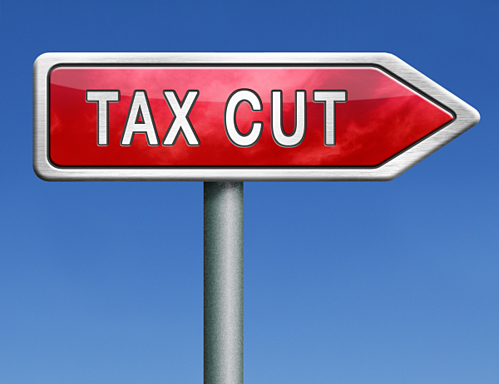Property tax bills are calculated based on several different factors, and some parts of the process differ slightly between states and even counties within states. If you own a home within Gwinnett County, Georgia, here’s how your property tax bill is calculated and what property tax reduction consultants might be able to do for you.

Step 1: The Assessed Value of Your Property
The primary basis for your property tax bill is the value of your property. Specifically, the bill is based on your home’s assessed value, which is fourty percent of its fair market value. Often times the fair market value estimate the assessment is based on is incorrect.. It’s not uncommon to have a market value estimate that’s higher or lower than what your home would sell for on the open market, and as a result the taxable assessment is wrong.
The assessed value of your property is determined by Gwinnett County’s public assessor, who works for the county. The assessor takes into account details like size, type of construction, age and location as they consider your home’s assessed value. Lot size and secondary buildings on the lot can also impact your property’s assessed value.
Step 2: Subtract Your Qualifying Exemptions
Depending on your situation, one or more exceptions might be subtracted from your home’s assessed value.
Gwinnett County offers a Regular Homestead Exemption for primary residences that are owner-occupied and a Senior School Tax Exemption for qualifying seniors age 65 or older. Either of these can significantly reduce how much of your home’s value is actually taxed.
The figure arrived at in this step is the final amount on which you’re actually taxed.
Step 3: Apply Property Tax Rate
To calculate the actual property tax bill, the figure from Step 2 is multiplied by the local “millage rate” for your municipality (or unincorporated area in the county). One “mill” is equal to $1 for every $1,000 or assessed value.
As an example, assume you own a home that’s assessed at $250,000 and your total millage rate is 34.75. In this scenario, your property tax bill would come to $8,687.50 ($250,000 / $1,000 x 34.75).
Your total millage rate is made up of many individual millage rates. These individual rates include specific rates for your county, school district, school district’s bonds, fire and emergency medical services, police, code enforcement, city and district. Total millage rates throughout the county range from 12.959 (Buford) to 42.574 (Evermore CID / Snellville).
Optional Step: Appeal with a Property Tax Reduction Consultant
Of these variables, the only one that’s debatable is the assessed value of your property. If you feel the assessed value is higher than it should be, you can have a private assessor/appraiser help appeal your assessment and hopefully lower your property tax bill.
If you’d like to learn more about the appeal process and how a private tax assessor may help you, contact the property tax reduction consultants at Fair Assessments LLC.



